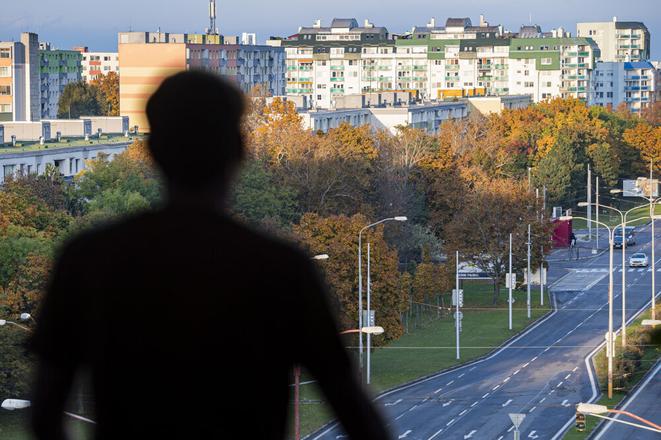If you are confused about what has been going on in Slovakia the past few days, you are not alone.
Our paywall policy:
The Slovak Spectator has decided to make all the articles on the special measures, statistics and basic information about the coronavirus available to everyone. If you appreciate our work and would like to support good journalism, please buy our subscription. We believe this is an issue where accurate and fact-based information is important for people to cope.
Even Slovaks, who do not have the language or cultural barrier to blame, have had issues understanding why, how, and with what expected outcome the Slovak government is organising the big nationwide testing this coming weekend.
Some issues remain unresolved even now, literally hours before the testing sites open on Saturday morning. The Slovak Spectator team is making sure our readers receive all the practical information that we have available about the testing - just take a look at our FAQs or scroll through the section of news about the coronavirus in Slovakia. We regularly update both. If you do not find the answer to your testing- or curfew-related questions, feel free to contact us and we will do our best to help you.
A foreign concept
The nationwide testing is taking place despite serious concerns voiced by some scientists, doctors, municipalities who share the organisational burden, and even the president of this republic. The testing project requires a giant amount of resources - human, material, financial - that this government has decided to spend in the middle of a trying pandemic.
Experts estimate that if it turns out to be successful in lowering the curve of the epidemic, we will return to the figures we saw in September in terms of the numbers of infected and hospitalisations.We have not heard a clear plan from Igor Matovič on what his government is going to do after that. Will our regular testing and tracing system be robust enough then, so we can use it to mitigate the epidemic without having to apply a hard lockdown?
As countries around Europe close down to minimise the impact of the second wave sweeping over the continent, why has the Slovak government further eased up the measures for people who can prove they tested negative in the nationwide testing? Does this mean the government trusts its testing project so much that it does not expect a lockdown will be necessary? What facts or research-based expectations is this decision based on?
For a foreigner living in Slovakia, there is yet another concern. The language that the authorities use when speaking about the nationwide testing, and the way it is organised without people who do not speak Slovak in mind, are enough for any foreigner to feel excluded, despite the repeated statements that foreigners and diplomats in Slovakia are encouraged to take part in the testing.
If you have lived here for a while, this sadly might not surprise you. The pandemic and the ensuing crisis that we are living through sharpens the contours of all the problems that Slovakia still has, including the country's lack of effort in integrating foreigners.
Joint vs. individual responsibility
As editor-in-chief, I am writing these lines on behalf of The Slovak Spectator team, to assure you that we are here for you. I do not speak on behalf of the government. I, too, have many unanswered questions and multiple doubts about the "Joint Responsibility" operation that Igor Matovič and his government decided to put this country through. I acknowledge that some of the measures that will apply after the testing for those who test positive or who do not take part in the testing may not necessarily be legally and constitutionally sound.
But this weekend, we will be asked to put our concerns aside and get tested. We all can do as much, and we can do so with the utmost caution to reduce the risk of infection in the process.
We may not share all of the government's hope that Joint Responsibility will turn out to be Slovakia's remedy, but we will still have our individual responsibility to fall back on. We can choose to rely on trustworthy sources, believe science and facts rather than charlatans and hoaxes, observe hygienic rules and maintain a safe physical distance, cover our mouths and noses with masks when interacting with people outside our home, limit our contact with others as much as possible, help those in our communities who need it, and be kind to the people around us.
It's been a tough year for all of us and this weekend will likely be nerve-wracking for many, but perhaps by fulfilling our individual responsibilities, we will come to understand the full power of collective resilience.


